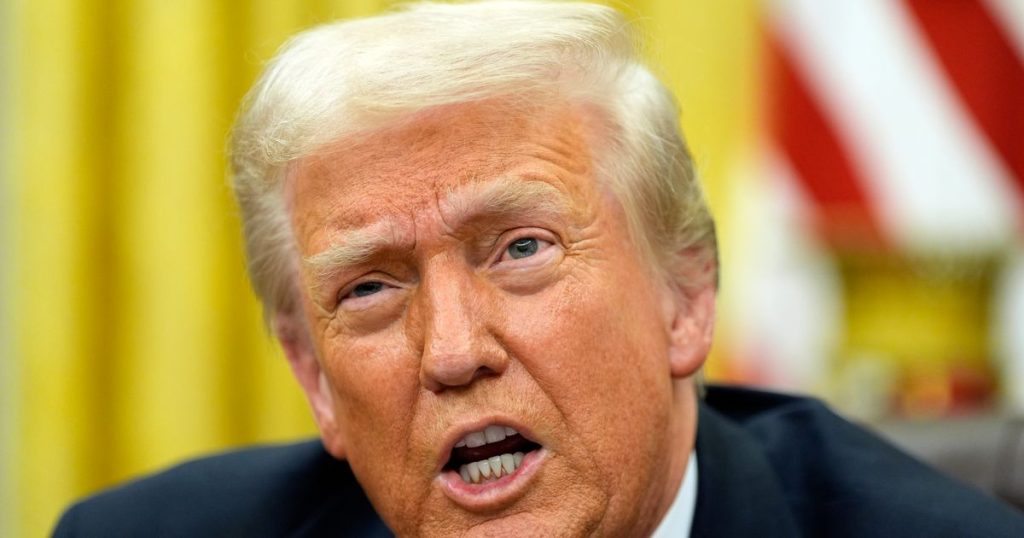Introduction:
President Donald Trump’s early actions in his second term have sparked significant concern as he swiftly dismantles key oversight mechanisms within the federal government. These moves, characterized by their speed and boldness, target ethics offices, whistleblower protections, and anti-corruption laws, raising alarms about accountability and governance.
Personnel Removals and Implications:
Trump has fired leaders of crucial offices, including those handling government ethics and whistleblower complaints. These firings, along with the removal of inspectors general, signal a shift towards reducing oversight. The appointment of loyalists, such as Doug Collins, to head these agencies further consolidates administrative control, potentially undermining their independence and effectiveness.
Policy Changes:
The administration has introduced significant policy changes, notably pausing enforcement of the Foreign Corrupt Practices Act, which prohibits U.S. companies from bribing foreign officials. Additionally, Trump revoked ethics rules aimed at curbing lobbying influence, allowing a "revolving door" between government and lobbying positions. These changes facilitate a business-friendly environment but raise ethical concerns about conflicts of interest.
Historical Context:
Comparing Trump’s second term actions to his first, the current measures are more swift and extensive. Previous actions included firing FBI and intelligence officials, but now the focus is on systemic changes that could have long-term impacts on governance. The scale of these changes is unprecedented, indicating a strategic effort to reshape administrative oversight.
Expert Analyses:
Experts like Norm Eisen and Julian Zelizer warn about the erosion of accountability. Eisen describes the start of Trump’s term as the most corrupt in U.S. history, while Zelizer highlights the bold assertion of executive power aimed at avoiding scrutiny. These analyses suggest a dangerous shift towards unchecked executive authority and potential corruption.
Broader Implications:
The cumulative effect of Trump’s actions could significantly weaken checks on power, leading to unchecked governance. With reduced oversight, the risk of corruption and abuse of power increases, threatening the integrity of democratic institutions. The implications extend beyond policy to the heart of democratic governance, raising concerns about the future of accountability in the U.S. government.
